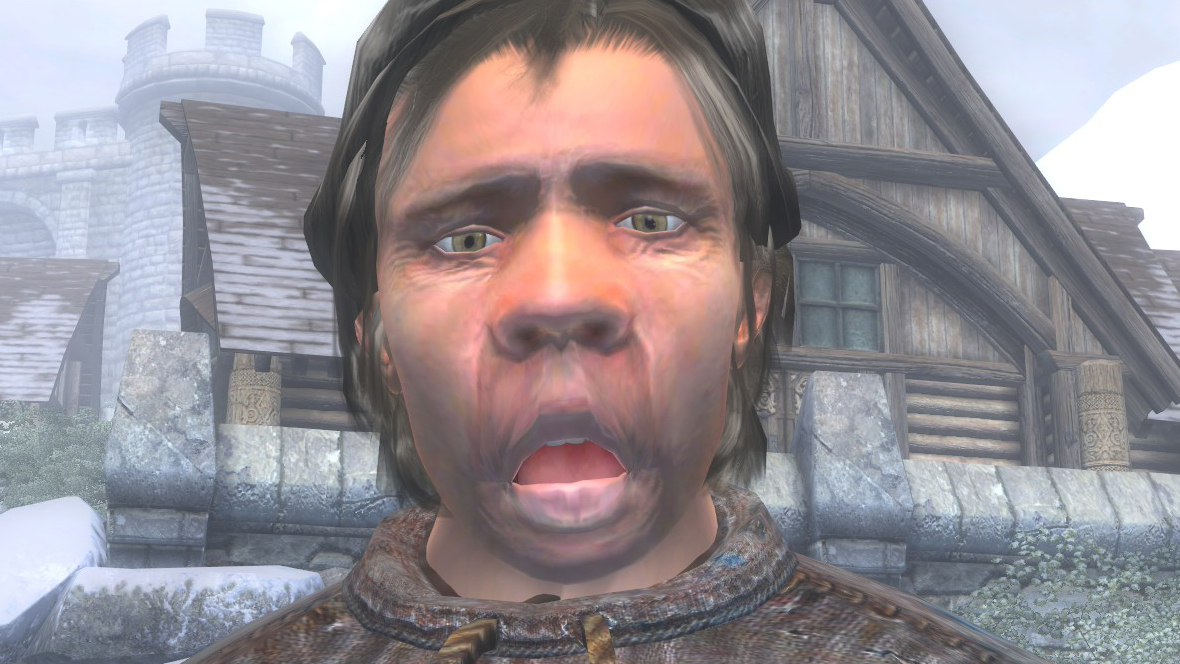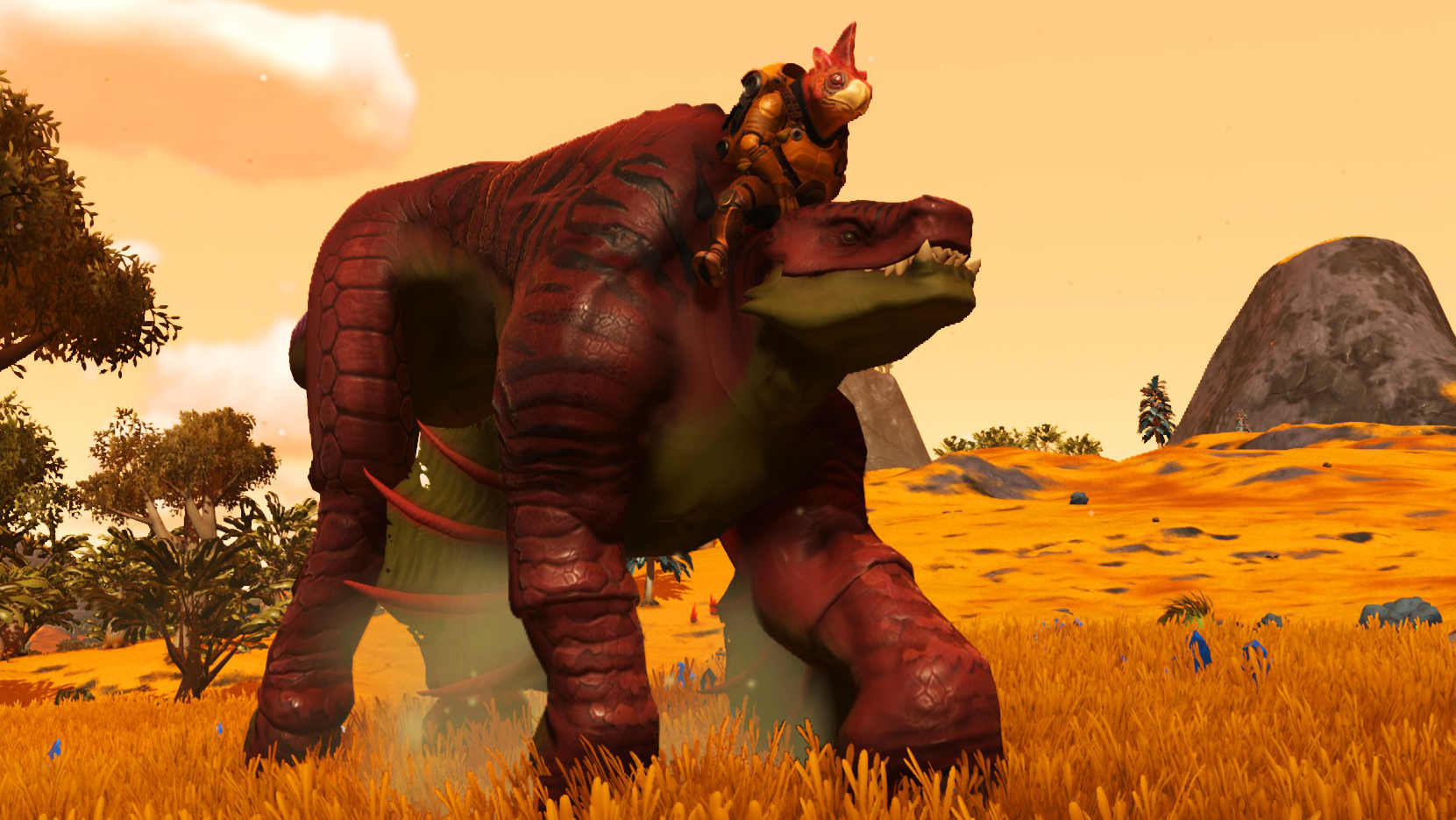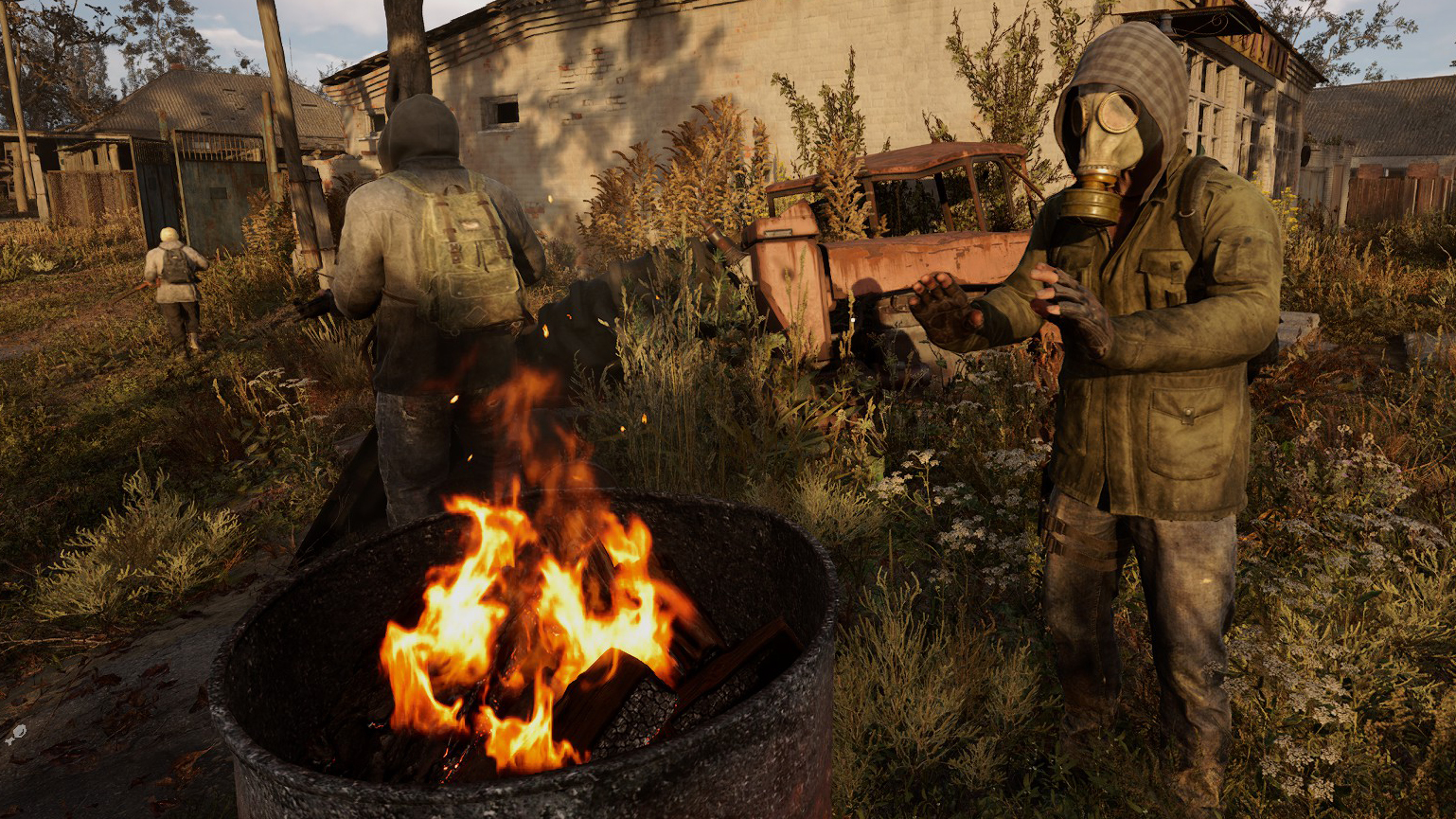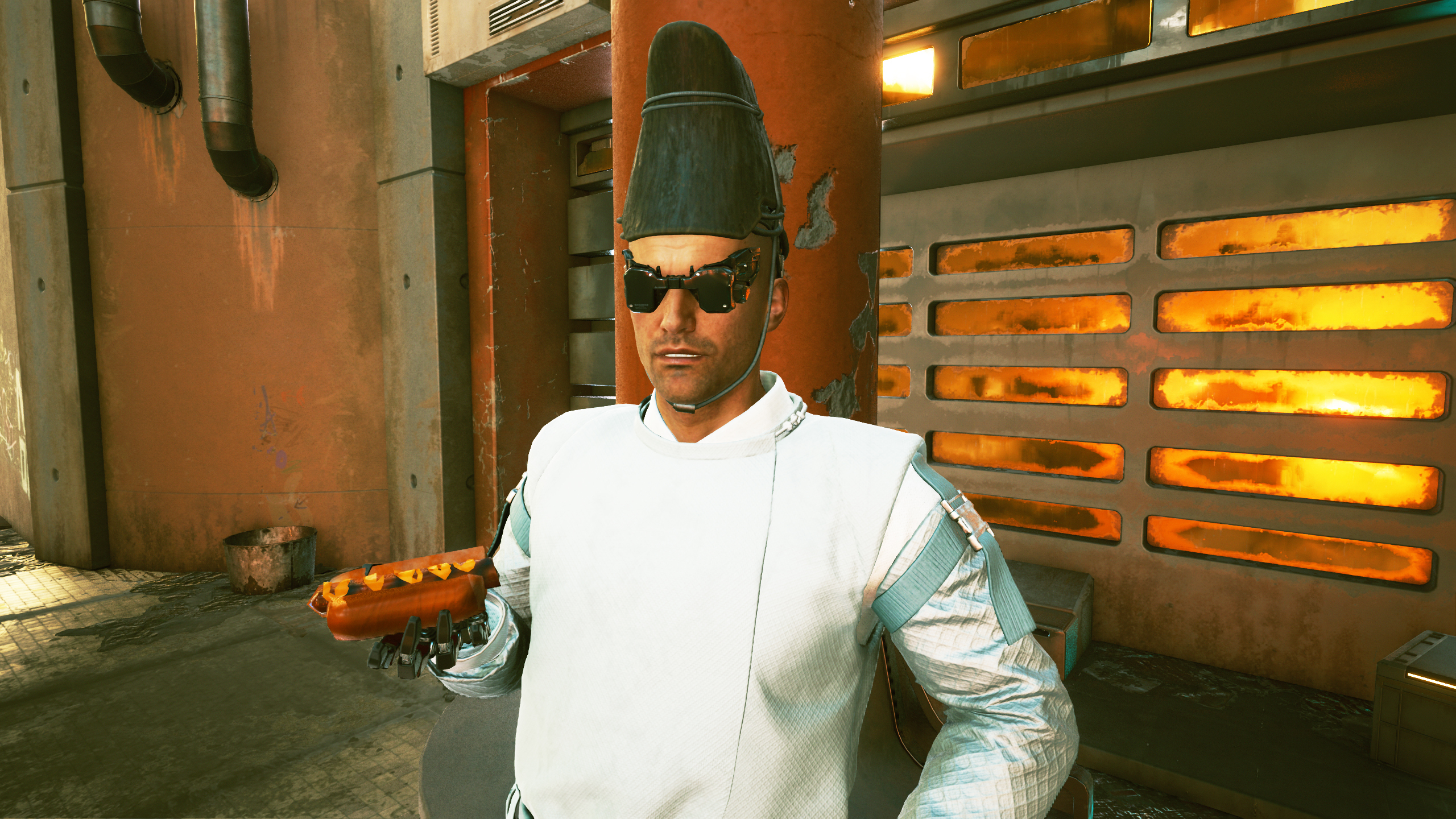The third week of November 2024 was a rough one. I was alternating between playing two different games that came out that week: Stalker 2: Heart of Chornobyl and Microsoft Flight Simulator 2024. Neither was going well.
When I say “playing” I mostly mean “staring at loading screens.” Between Stalker 2’s endlessly compiling shaders and Flight Sim’s eternally activating packages, I spent most of the week glumly waiting for a progress meter to reach 100%. But that was just the start. Once the games actually loaded, they were janky as hell. Stalker 2 charmingly so, but Flight Sim not as much.
Jank is weird because it causes one of two diametrically opposed reactions in me: it’s either “Haha, love it” or “I demand the party responsible be marched through the street and pelted with rotting vegetables while a stern-looking woman rings a large bell and chants ‘Shame! Shame!'”
Why is jank forgivable, even lovable at times, and why is it infuriating at others? It all boils down to a few variables:
Personal history

There’s a guy in Stalker 2 stuck in the ground down to his neck. Yes, down to his neck, not up to his neck: his head is underground and his entire body is sticking straight up, boots in the air. I love him, just like I love the guy who is sleeping three feet above his bed because they both make me remember the earlier Stalker games, which were also hilariously janky. I can’t interact with this guy because he’s stuck in the ground, which I should find annoying, but I am nonetheless soothed by the power of nostalgia.
I’m not sure how many hours I have in Shadow of Chernobyl and Call of Pripyat, but I’d estimate at least 150 hours combined. The notoriously janky Bethesda RPGs, including Oblivion, Skyrim, and Fallout 3 and 4 probably add up to over 1,000 hours. I wouldn’t have spent that amount of time in those worlds if I didn’t love them, so when I run into jank in newer games from the same devs like Stalker 2 or Starfield, I’m way more willing to forgive it than I would in a series I hadn’t already invested so much time in.
Open worlds

Open worlds are complicated and I am extremely forgiving of jank within them. Sandboxes have a lot of stuff, and that stuff wanders around and bumps into other stuff. Wildlife, monsters, and people have to travel across complex terrain, interact with each other, and navigate around or over or through objects and obstacles. That’s tricky business, especially when the player shows up and adds (or maybe removes) more objects and obstacles, or even changes the terrain.
Yes, that alien cow in No Man’s Sky looks like a janky idiot walking around. That’s because the planet it’s walking on was procedurally generated about 30 seconds ago, and the alien about 10 seconds ago. It’s not a hand-animated creature in a linear level built by a designer, it’s a thing that just started existing walking across another thing that just started existing. Open worlds, especially procedurally generated ones, are hotbeds of jank and I’m almost always OK with that.
Progress

When jank starts really irritating me it’s usually because it’s costing me time. I can’t complete a mission in Stalker 2 because the final baddie is stuck behind a wall and can’t be killed? That sucks, because first I have to spend time and effort trying to kill him through a wall, and eventually I’ll have to give up and restart the mission, sometimes from the very beginning. Likewise, if I can’t finish a 45-minute flight because I can’t reach the airplane’s parking space because it’s under a damn building, that’s not so cute.
But there is a flipside to jank killing time: jank saving time. In another Stalker mission a group of enemies never perceived me as a threat—even after I began shooting them in their dumb faces. I performed one of the worst landings of my life in Flight Sim, but it jankily awarded me an S-tier rating even though I wound up parked in the bushes. Thanks, jank! I almost forgive you for wasting an hour of my time earlier.
Expectations

Every game is an early access game now. Games are gonna launch with bugs and glitches and problems and jank, and then there will be post-launch patches and bug-fixes and a smoothing out of some of the bumps. How many games have we seen this year that launched into immediate “Mixed” reviews rating on Steam due to jank and leveled out to “Positive” a few days or weeks later? Plenty.
So if you’re going to play a game the second it launches, it helps to expect a certain amount of jank. I know, that kinda sucks, and not just for players but for hard-working developers who may not have the time or resources they need to deliver the game in the condition they’d hoped. But it’s the reality of things. I even had to take a break from my beloved Stalker 2 after one-too-many progress halting bugs that first week. Play a game on day one and you’ve gotta expect some jank, and if you don’t half-heartedly subscribe to this new reality then I think the only solution might be to stop playing games on day one.
Humor

I’ll forgive just about anything if it makes me laugh. Cyberpunk 2077 was a hot mess at launch but dang, was it ever funny. Right outside V’s apartment building there was a turn in the road that not a single car or truck could make without smashing directly into the concrete barrier at the curb. I stood there for ages watching NPCs shatter their windshields, gouge furrows in their doors, lose their front and rear bumpers, and sometimes completely destroy their vehicles.
Sometimes jank is so good, we just can’t live without it.
This bit of jank lasted for months. There’d be patches and updates and bugfixes, and every time I installed a new patch and booted up the game I’d run down to that spot on the corner and see if NPCs were still wrecking their cars against that barricade. And the day it was finally fixed… I was honestly a little bit sad. I sometimes wish unintentionally funny jank would never get patched. I’m not alone in this: when Bethesda patched out those weird moving mannequins from Skyrim, a modder immediately modded them back in. Sometimes jank is so good, we just can’t live without it.
Of course, I may be overthinking all this. Maybe the reason we forgive jank is simple: we love games, even when they’re flawed. If we only loved things that were perfect, we’d never love anything at all.
Source link










Add comment